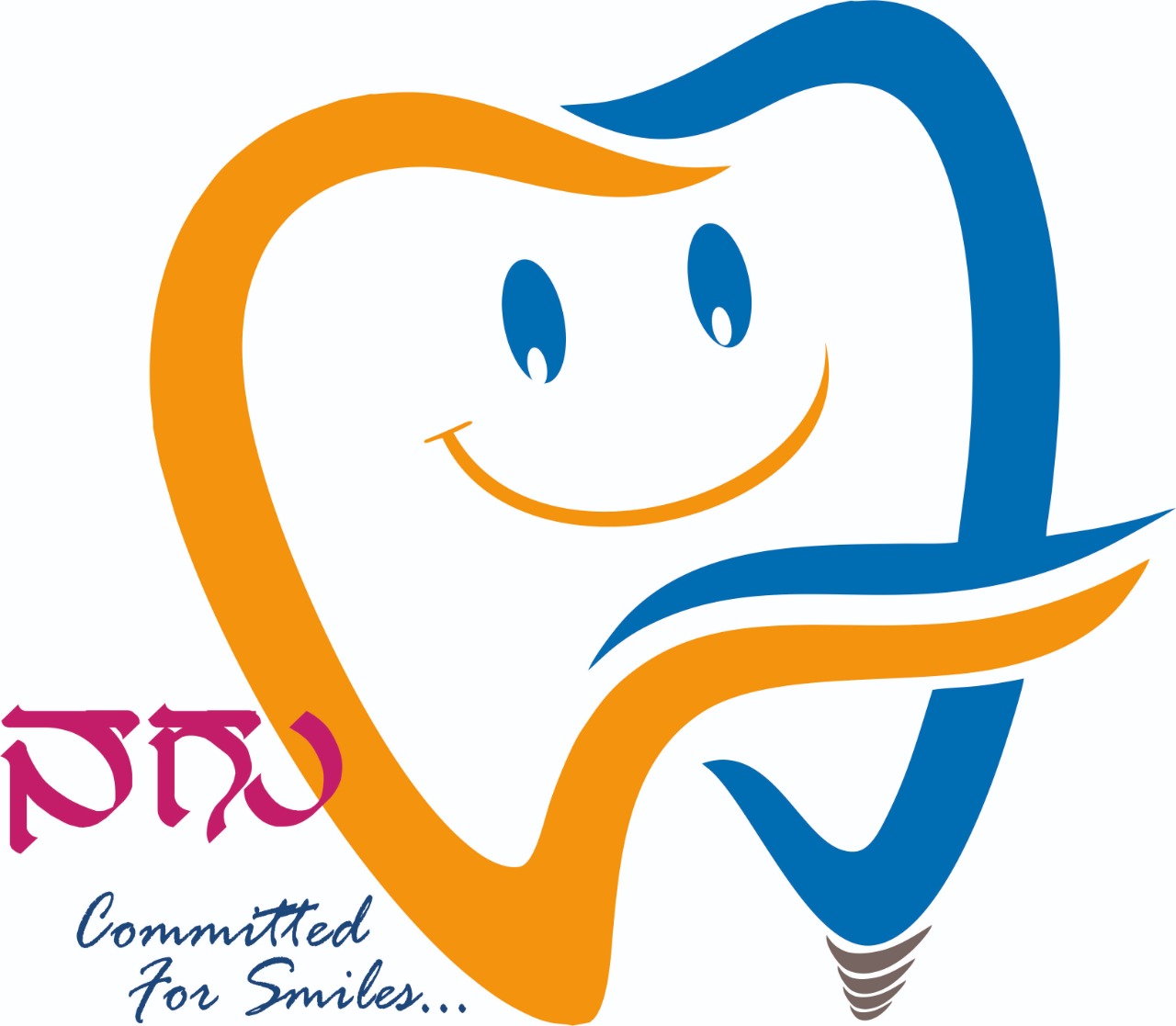Emergency Dental Care in Channapatna
- 2 months ago
- Preventive Care Services in Channapatna ,
- Wisdom Teeth Removal Treatment Channapatana ,
- DENTAL IMPLANTS TREATMENT NEAR CHANNAPATNA ,
- Best Crowns Bridges Treatment In Channapatana ,
- Wisdom Teeth Removal Treatment In Channapatana ,
- Doctor for Root Canal Treatment Channapatna ,
- DENTAL IMPLANTS TREATMENT IN CHANNAPATNA ,
- Tooth Decay Treatment in Channapatana ,
- ORTHODONTICS IN JC NAGAR
.jpg)
Contact : +919901344447
Emergency Dental Care: Understanding When and How to Seek Help
Dental emergencies can arise unexpectedly and often require immediate attention to alleviate pain, prevent further damage, and preserve oral health. Recognizing the signs of a dental emergency and knowing how to respond can make a significant difference in the outcome of the situation. Here’s a comprehensive guide to emergency dental care, including common scenarios, treatment options, and preventive measures.
When Is It a Dental Emergency?
A dental emergency can manifest in various ways. Some of the most common situations that require urgent care include:
-
Severe Toothache: A persistent and intense toothache, especially if accompanied by swelling or fever, can indicate an underlying infection or abscess. Delaying treatment can lead to more serious complications.
-
Chipped or Broken Teeth: Accidents or injuries can result in chipped or broken teeth, causing pain and sensitivity. Immediate care is essential to restore the tooth and prevent infection.
-
Knocked-Out Tooth: If a tooth is knocked out, it is crucial to seek emergency dental care within 30 minutes to an hour. Keeping the tooth moist (in milk or saline) and avoiding touching the root can improve the chances of successful reattachment.
-
Lost Filling or Crown: A lost filling or crown can expose the tooth to further damage and decay. Temporary solutions, such as dental cement, can help until professional care is obtained.
-
Gum Injuries: Injuries to the gums, such as cuts or lacerations, can result in significant bleeding and pain. Severe cases may require stitches and antibiotic treatment.
-
Dental Abscess: An abscess is a localized infection that can cause severe pain and swelling. It may also lead to fever and swollen lymph nodes. Treatment often involves draining the abscess and prescribing antibiotics.
How to Respond to a Dental Emergency
In the event of a dental emergency, follow these steps:
-
Stay Calm: Anxiety can exacerbate the situation. Try to remain calm and assess the severity of the issue.
-
Contact Your Dentist: Reach out to your dentist’s office immediately. Many dental practices have emergency contact numbers or after-hours services. Explain the situation clearly so they can guide you on the next steps.
-
Manage Pain and Bleeding: Over-the-counter pain relievers can help alleviate discomfort. For bleeding, apply a clean cloth or gauze to the area and maintain pressure until help arrives.
-
Preserve the Tooth: If a tooth is knocked out, handle it by the crown (not the root), rinse it gently if dirty, and place it back in the socket if possible. If not, keep it in milk or saline until you can see the dentist.
Preventing Dental Emergencies
While not all emergencies can be prevented, taking proactive measures can significantly reduce the risk:
- Regular Dental Checkups: Routine visits allow dentists to identify potential issues before they escalate into emergencies.
- Wear Protective Gear: If you play contact sports, always wear a mouthguard to protect your teeth from injury.
- Practice Good Oral Hygiene: Brushing and flossing regularly can help prevent cavities, gum disease, and other issues that could lead to emergencies.
- Avoid Hard Foods: Be cautious with hard foods that could chip or break your teeth.
Conclusion
Emergency dental care is crucial for maintaining oral health and preventing further complications. Understanding when to seek help, how to respond, and ways to prevent emergencies can empower individuals to take control of their dental health. If you experience a dental emergency, don’t hesitate to contact your dentist immediately for guidance and care. Remember, timely intervention can save your tooth and reduce pain and anxiety.
